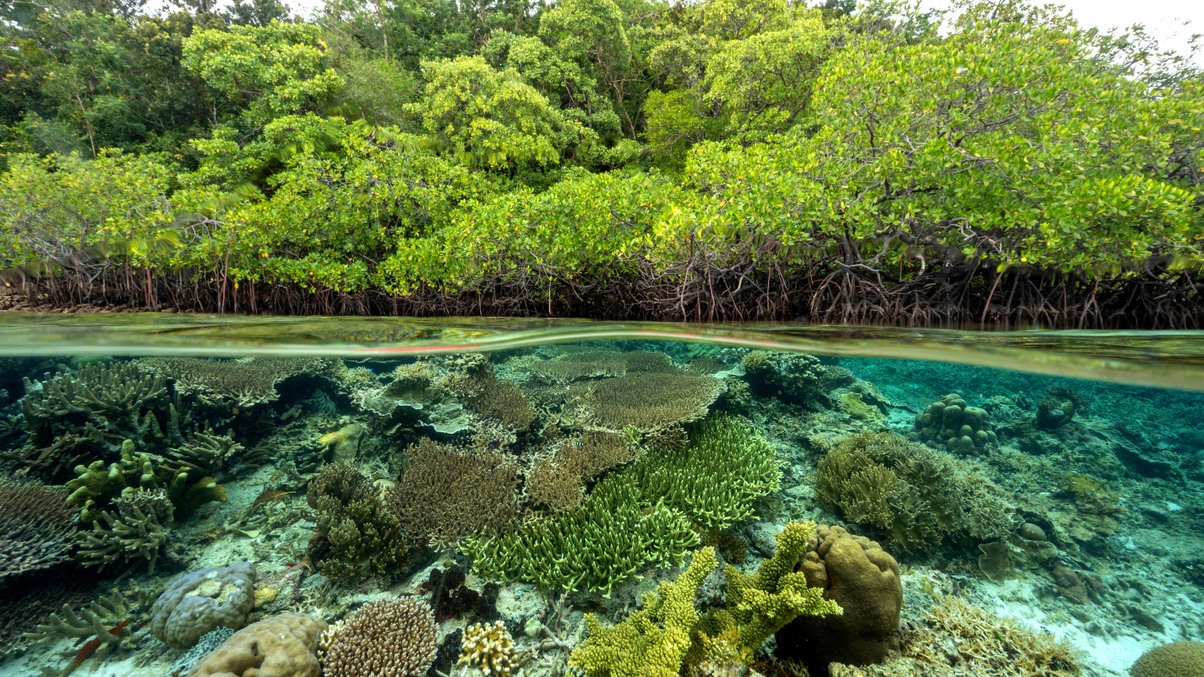Asian institutions seen lagging on biodiversity protection
Only two in five investors consider biodiversity in investment decision-making, according to a recently released report. Asia lags the rest of the world in this aspect, one industry expert noted.

In the wake of a new report criticising asset owners’ failure to consider biodiversity in their investment decision making, Asian investors have been singled out as laggards in what is an increasingly important area for stakeholders and society at large.
Sign in to read on!
Registered users get 2 free articles in 30 days.
Subscribers have full unlimited access to AsianInvestor
Not signed up? New users get 2 free articles per month, plus a 7-day unlimited free trial.
¬ Haymarket Media Limited. All rights reserved.


